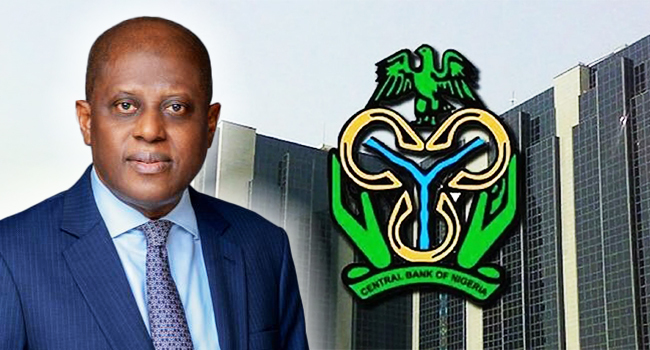In a recent update, the Central Bank of Nigeria (CBN) disclosed a remarkable increase in credit extended to the Federal Government, which rose by N11.33 trillion in August 2024. This surge represents a 57.11% increase from the N19.83 trillion recorded in July, bringing the total government credit to N31.15 trillion by the end of August.
This sharp rise in borrowing has sparked public concern, as it suggests a significant dependency on domestic credit to finance government activities and manage its fiscal responsibilities. The CBN’s report highlights how government borrowing has grown substantially over recent months, reflecting economic challenges, revenue shortfalls, and efforts to address Nigeria’s pressing financial obligations.
Analysts have pointed out that such a steep rise in borrowing could impact the broader economy, especially in areas like inflation, interest rates, and public debt sustainability. The Federal Government has been reliant on CBN credit and other financial sources to bridge budget deficits, particularly in light of reduced oil revenues, rising subsidy costs, and the impact of global economic shocks.
READ ALSO: CBN Optimistic Dangote Refinery Will Ease Transportation and Food Inflation
This increase is coming at a time when the Nigerian economy faces considerable fiscal pressure, with rising inflation, currency devaluation, and limited foreign exchange reserves. The government has been grappling with balancing economic recovery efforts while managing its debt burden, which has been a growing concern for many.
As Nigeria continues to navigate through these economic challenges, the role of the CBN and fiscal policy decisions in managing debt, credit, and overall economic stability will remain a critical point of focus. Observers are watching closely to see how the government plans to address the rising debt load and what long-term strategies it will adopt to stabilize the economy.
Further updates on this will reveal more on how the government intends to utilize the additional credit and what measures will be taken to mitigate potential economic risks associated with such borrowing.










